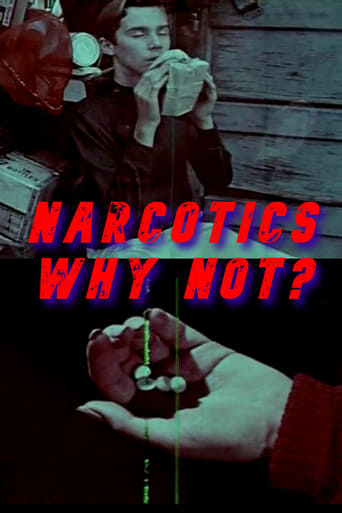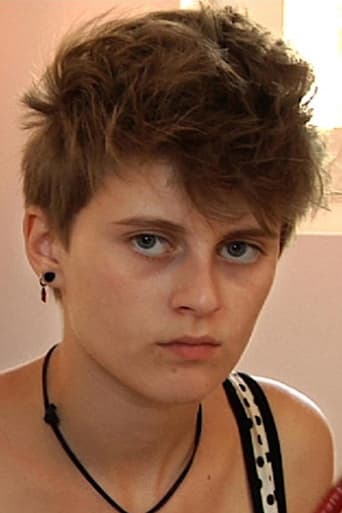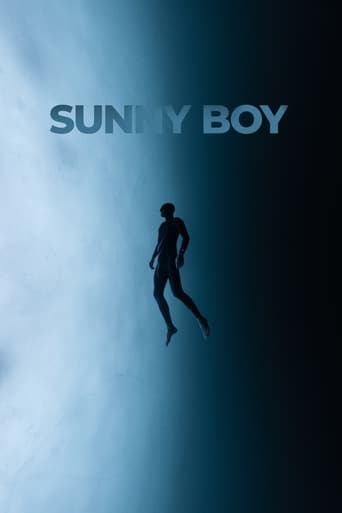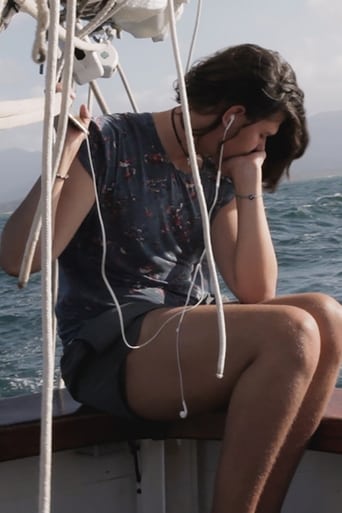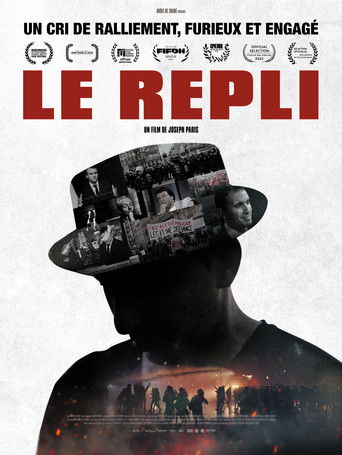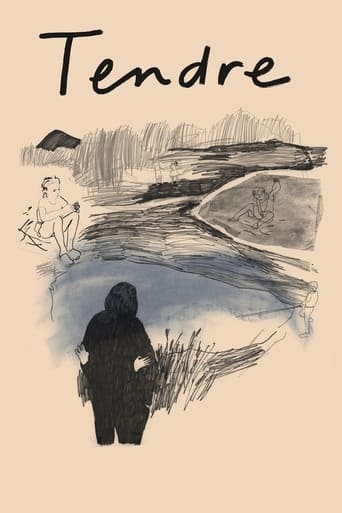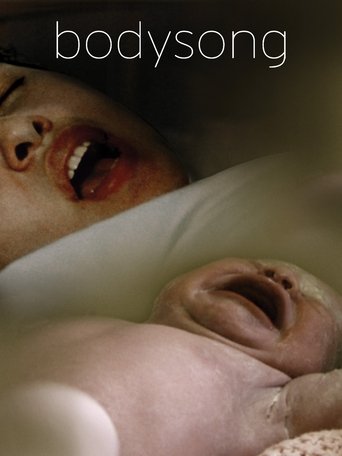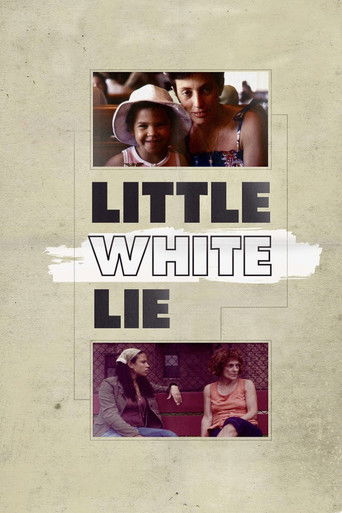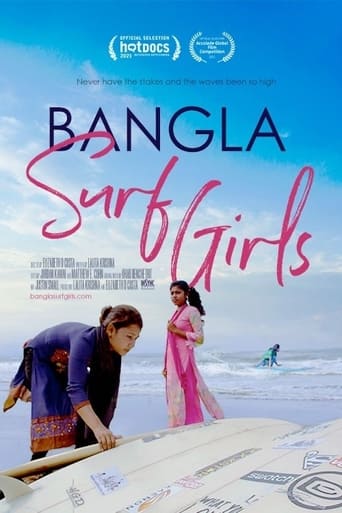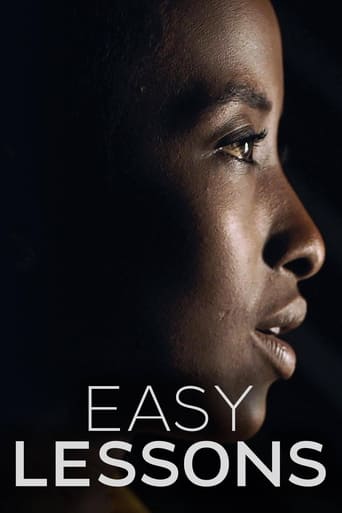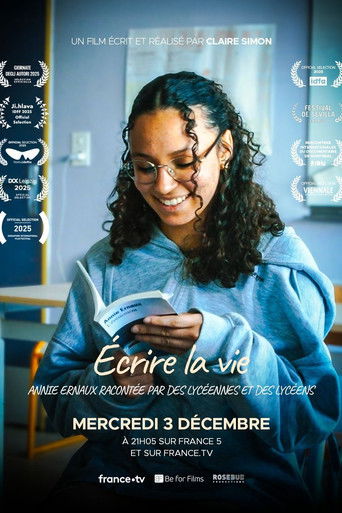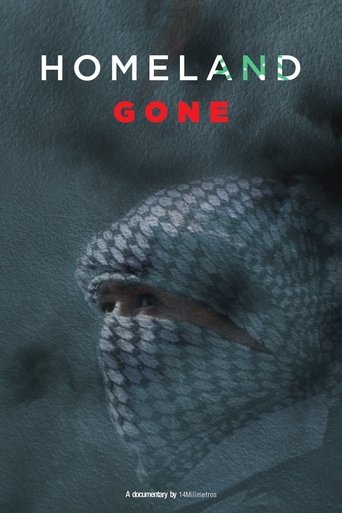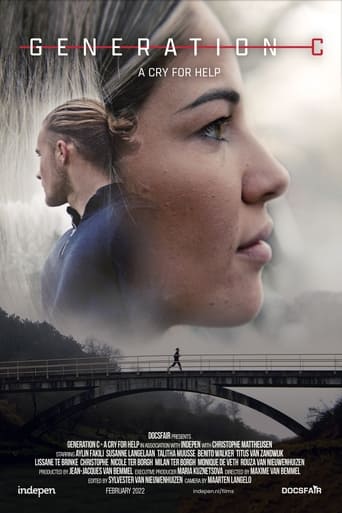
My Missing Screw
After a failed suicide attempt and time in a psychiatric hospital, Raffael, a young father, decides that he must create his own “missing screw.” Over the next six months, with the help of a sculptor friend, he meticulously crafts a 10-foot screw sculpture while documenting the process with a found video camera. Raffael leaves the psychiatric hospital, curious to see if art and creativity could help him survive in the outside world. With no money and only a vague plan, he says goodbye to his family and embarks on an epic, poignant, often hilarious journey around the globe. He travels with the screw to the Dachau concentration camp, Van Gogh’s grave, the Guggenheim Museum, and the Ganges River in India. Along the way Raffael finds patrons, lovers, and friends - but his son feels abandoned. Can Rafael reinvent himself, his art, and his family?
